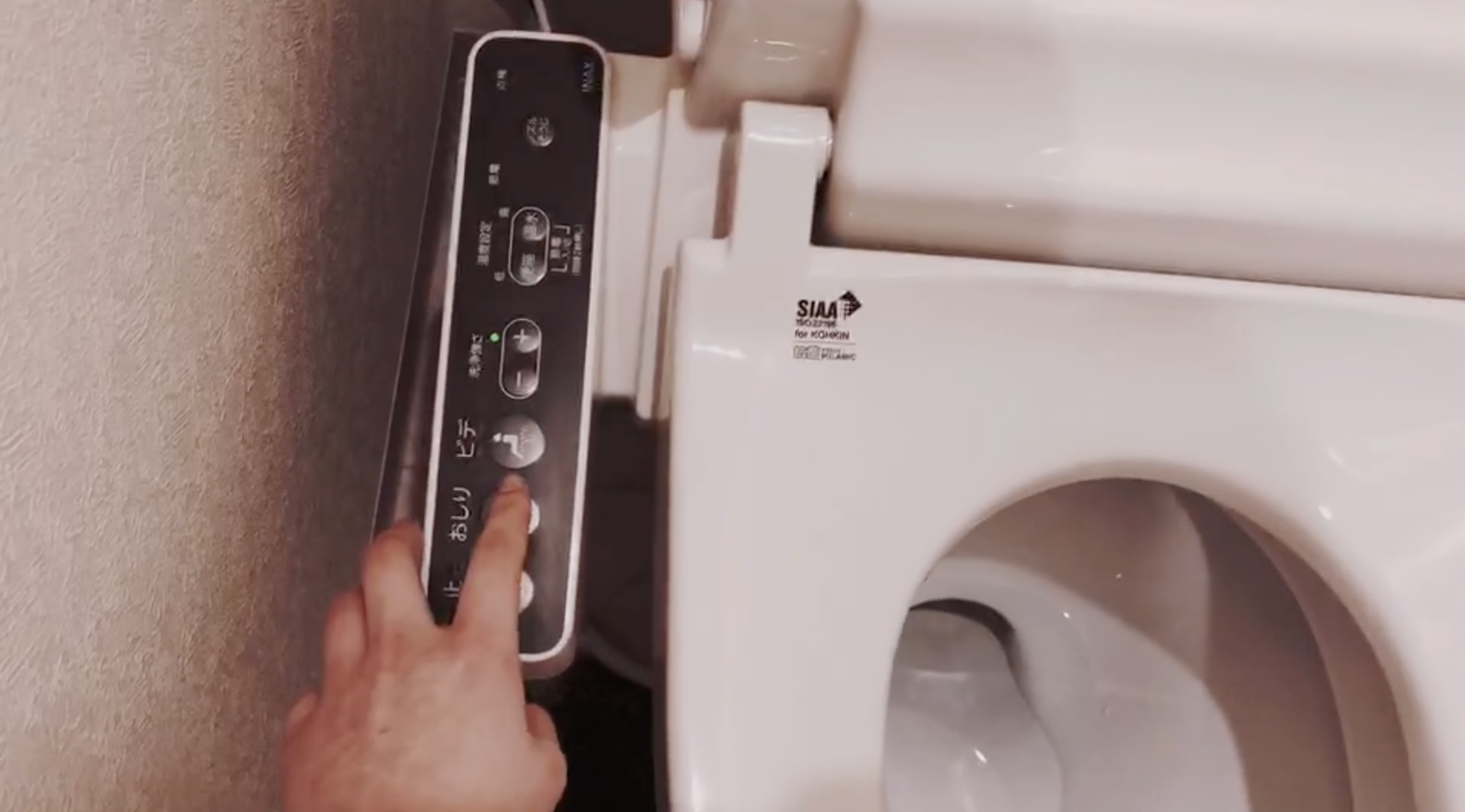The cue for this week’s blog was ‘what remarkable thing did you find on the internet and how did you find it?’ While this may not be the most remarkable thing on the internet, it is something quite fascinating to me. I thought about this topic thanks to WNL Op Zondag (WNL On Sunday), the episode of October 1st, 2023. At some point, the guests discuss deep fake, the possibility to use someone’s voice (tone, intonation, and articulation) but make them say different words. The conversation between the guests resulted in the following conclusion: now, and even more in the future, we will have to be very careful if it comes to making assumptions about what is true and what is not.
This made me think of a girl I saw on Instagram for the first time a few years ago I think. I remember being in high school, so it must have been at least two years since the last time I thought about her. Hint: the pronoun ‘her’ is questionable in this case. I am talking about Miquela, a 19-year-old, living in Los Angeles. That all doesn’t seem too striking to me, but, there is a but: she is fictional. She is a robot, a 19-year-old robot, with a following of 2,7 million people (and a few robots, too). Actually, she is six years old since she ‘exists’ since 2016. She does everything a human 19-year-old would do too: she travels to Barcelona (note the location she added above her picture, as if she was really there – an interesting combination of the real world and the artificial one, if you ask me), she takes selfies in public places, and hangs out with friends. She also shares photos of herself eating, but you tell me what stomach that food goes to.

What makes someone a person?
This question sounds like a question that is easy to answer. A possible answer would be that a person must at least be born from another person. And since we are all students in the humanities, I expect we agree that what makes us human is our mind and our capabilities to feel emotions and have thought about certain matters. Now, in this case, Miquela uses the captions of her Instagram posts to share her thoughts with her followers. I quote a few lines of Miquela’s post from August 16th, 2023:
“But I couldn’t help but think…should I be doing more?? I wanna be 22!! I wanna help and heal people!!! I’ve been coasting for the past couple of years, not sure what I want to do, where I want to go and just feeling stuck. I need…to grow. Does anyone else out there feel stuck? Like the world is growing and you’re not keeping up??”
This is a very valid feeling to have, and I certainly have no doubts about its truthfulness, but I can’t help but wonder: whose are these? These thoughts and feelings must be those of the creators of Miquela, right? Does that make Miquela some sort of avatar that is used as an outlet by ‘her’ creators?
Even though I might think of Miquela as an avatar, Time Magazine certainly does not. ‘Lil Miquela’, as Time Magazine calls her (probably since that is her Instagram username), made it into the Top 25 Most Influential People on the Internet. According to Miquela, this was the first time she was recognized as a person, and she seemed very happy about it (again, you might ask (just as I do) if it isn’t Miquela’s creators that are so happy she is recognized as a person, by such an authority as Time Magazine).
How do ‘we’ perceive her?
I write ‘we’ here since I consider all Instagram users as (possible) the audience that might come across Miquela’s content. The way ‘we’ perceive her is visible in what other Instagram users (part of the total possible audience) write below her posts. These comments usually seem to be written to a person, since they also consist of body shaming (she would be ‘too flat’).
Personally, I consider her to be something closest to an avatar and I am really curious about how you perceive her; as a person, an avatar, or maybe as ‘just’ an image?

![Digital footprint and visibility: sharenting [video]](https://digmedia.lucdh.nl/wp-content/themes/blogstream/img/thumb-medium.png)

This is a really interesting topic to think about in my opinion. It reminds me of when I first saw the movie “Her“ and spent a bunch of time contemplating whether AI characters could be considered as someone with consciousness (especially if it develops more in the future) or not. When we tell them something mean, does it hurt them? Or do they just know how to reply based on various algorithms? And if that is the case, does that necessarily mean that they are not properly aware of themselves? We could contemplate the same about Miquela here. She might not be a human being born in the traditional sense, but her sharing details about her life still somehow had an impact on millions of people in one way or another, and I am not sure whether that can be accomplished by “just an image“. Overall though, I am torn. I don’t think that I can come up with a simple answer to your question, but I do think that with digital media developing further and further every day and adding a new meaning to a lot of concepts we know, we might have to be ready to reconsider what it means to be a person in the digital world that we live in.